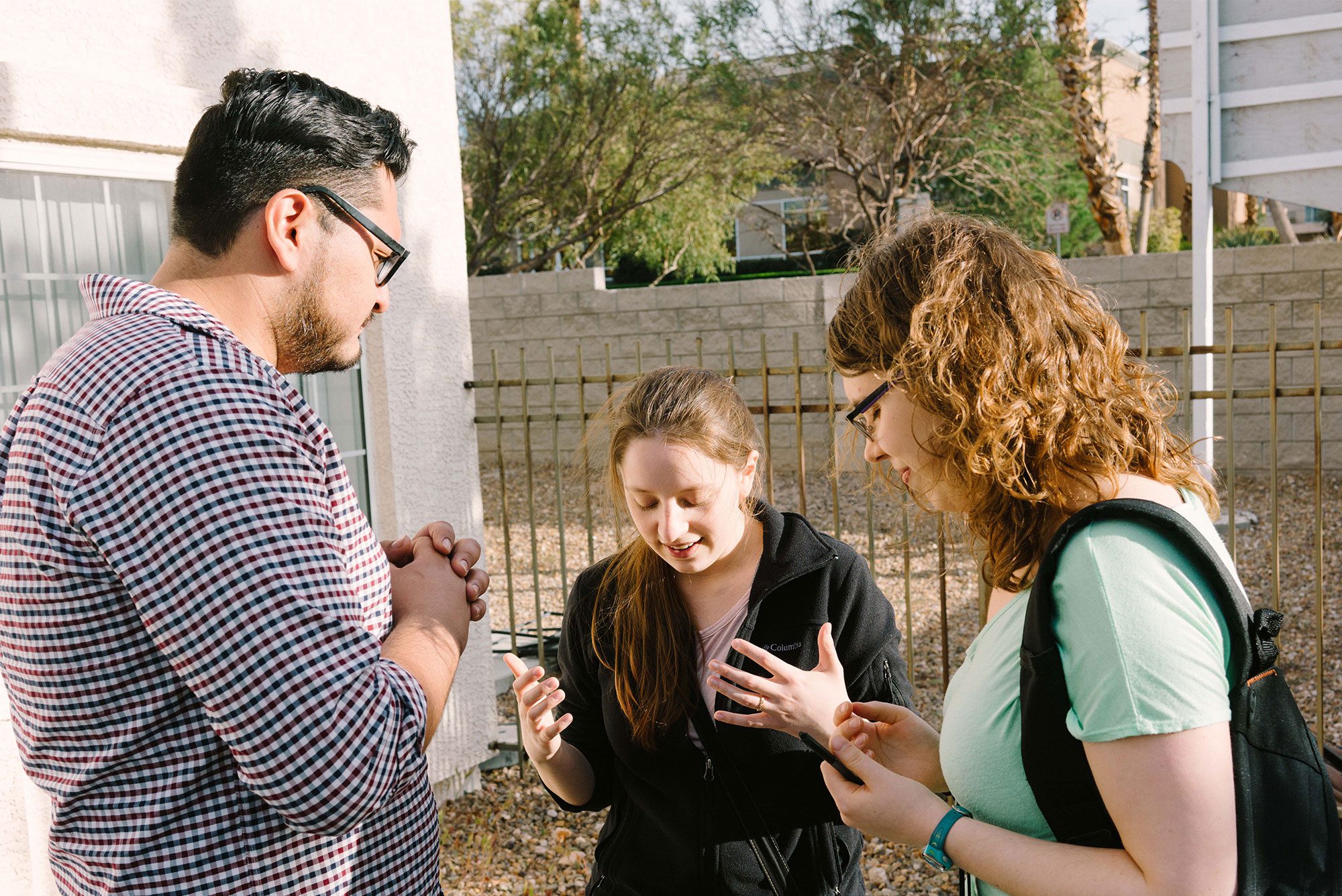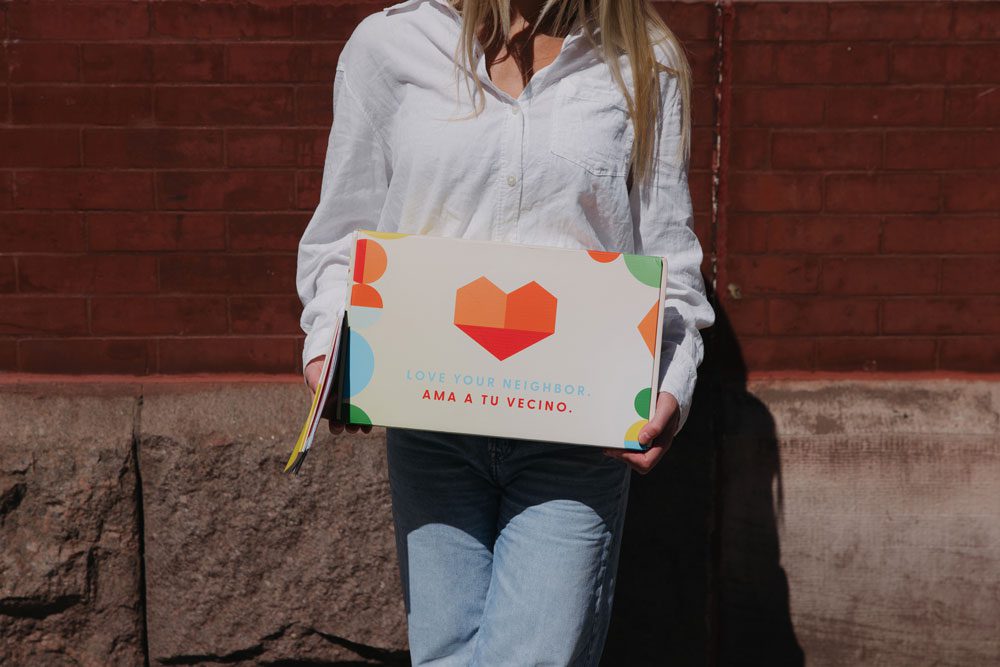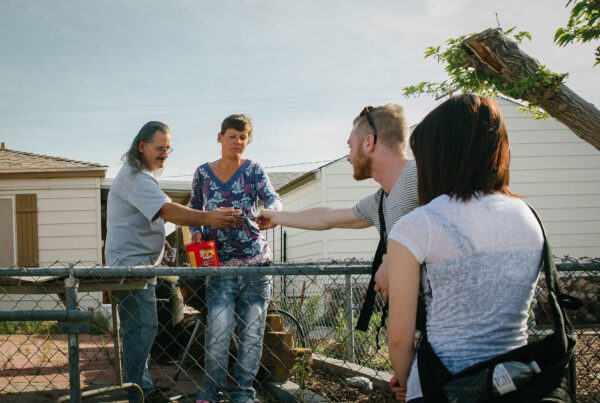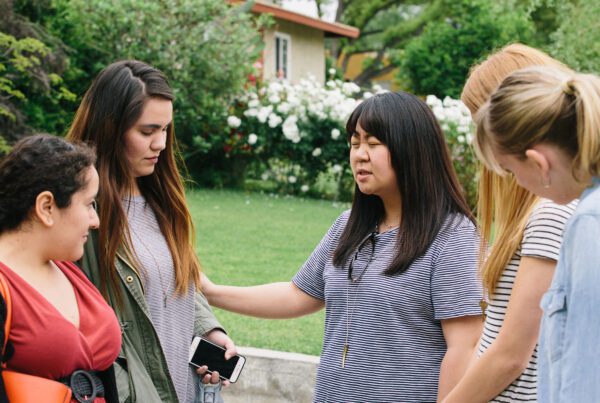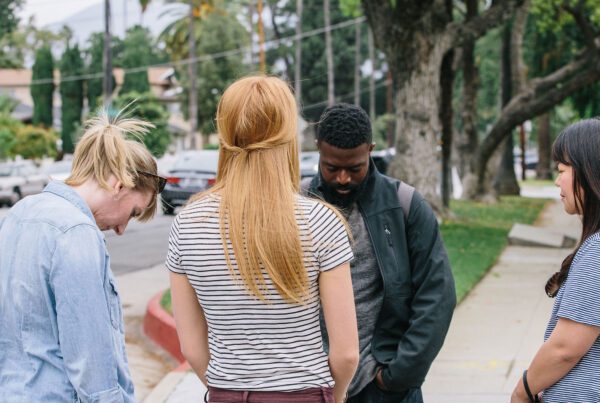“Love the Lord your God with all your heart, with all your soul, with all your mind, and with all your strength. The second is this: Love your neighbor as yourself. There is no commandment greater than these.”
— Mark 12:30–31 (NIV)
In just two sentences, Jesus delivers a blueprint for a life of purpose, unity, and faith in action. These words, spoken just days before His crucifixion, summarize the entire law and the heart of God Himself.
But what do they really mean—and how do they apply in a world as divided, distracted, and weary as ours?
The Context: A Life-Changing Answer
In Mark 12, Jesus is asked a big question: “Which commandment is the most important?” Instead of choosing one, He gives two—and ties them together so tightly they can never be separated.
- Love God with all your being.
- Love your neighbor as yourself.
In this moment, Jesus doesn’t just summarize religion—He redefines it. Faith is no longer about rules or ritual. It’s about relationship: with God and with others.
What It Really Means to Love God with Your Whole Self
“Love the Lord your God with all your heart, soul, mind, and strength…”
Jesus is quoting the Shema, a central prayer in Judaism (Deuteronomy 6:4–5). But He brings it back to life by calling us to total devotion.
In ancient thought:
- Heart meant your will and desires.
- Soul was your whole life and essence.
- Mind included thoughts, understanding, and perspective.
- Strength referred to your energy, abilities, and resources.
To love God fully is to center your whole self on Him—not just on Sunday mornings or quiet time, but in your decisions, thoughts, work, parenting, reactions, and schedule.
In today’s world of hustle, social comparison, and self-promotion, this is radically countercultural.
What It Means to Love Your Neighbor as Yourself
Here, Jesus flips expectations again. Most teachers of the law reserved “neighbor” for fellow Jews. Jesus broadened it: neighbors are anyone in your path—regardless of race, religion, lifestyle, or background.
To love your neighbor as yourself means giving others the same care, attention, and dignity you give yourself:
- Feed them like you feed yourself.
- Protect them like you protect yourself.
- Extend compassion like you hope to receive it.
It’s not soft or passive—it’s active, risky, and transformative.
Why This Still Matters Today
In a culture where division runs deep and attention spans run short, Mark 12:30–31 speaks with incredible relevance:
- When politics polarize, Jesus says, “Love your neighbor.”
- When social media fuels outrage, Jesus says, “Love your neighbor.”
- When you’re exhausted, offended, or out of patience, Jesus still says, “Love your neighbor.”
And he doesn’t expect us to do it on our own. When we love God first, He fuels us with the strength to love others—even when it’s hard.
While 1 Corinthians 13 is often read at weddings, its wisdom applies to every relationship: with your spouse, your children, your neighbors—even strangers.
Love in Action: Home, Church, and Community
Love isn’t meant to stay within the walls of our churches or the pages of our Bibles. It’s meant to be lived out—in our homes, families, and neighborhoods.
7 Ways to Love Your Neighbor Today
Loving your neighbor starts small. It’s not about grand gestures—it’s about living open-hearted in ordinary moments. Here are seven practical ways to begin:
These acts aren’t random kindness. They’re reflections of the kingdom of God.
Want to Equip Your Church to Love Like This?
We believe Mark 12:30–31 is more than a memory verse. It’s a movement. It’s a call to action for churches and leaders ready to be a light in a divided world.
That’s why we created the Love Your Neighbor Kit—a powerful resource that helps pastors, small groups, and communities:
- Build bridges across differences
- Cultivate empathy and action
- Practice every day spiritual hospitality
“To love our neighbor is an invitation from Jesus. It draws us beyond ourselves, toward one another, and ever nearer to Him.”
— Love Your Neighbor Guide, p. 5
Request your free LYN Kit today and lead your church into the kind of love that transforms hearts, homes, and neighborhoods.

